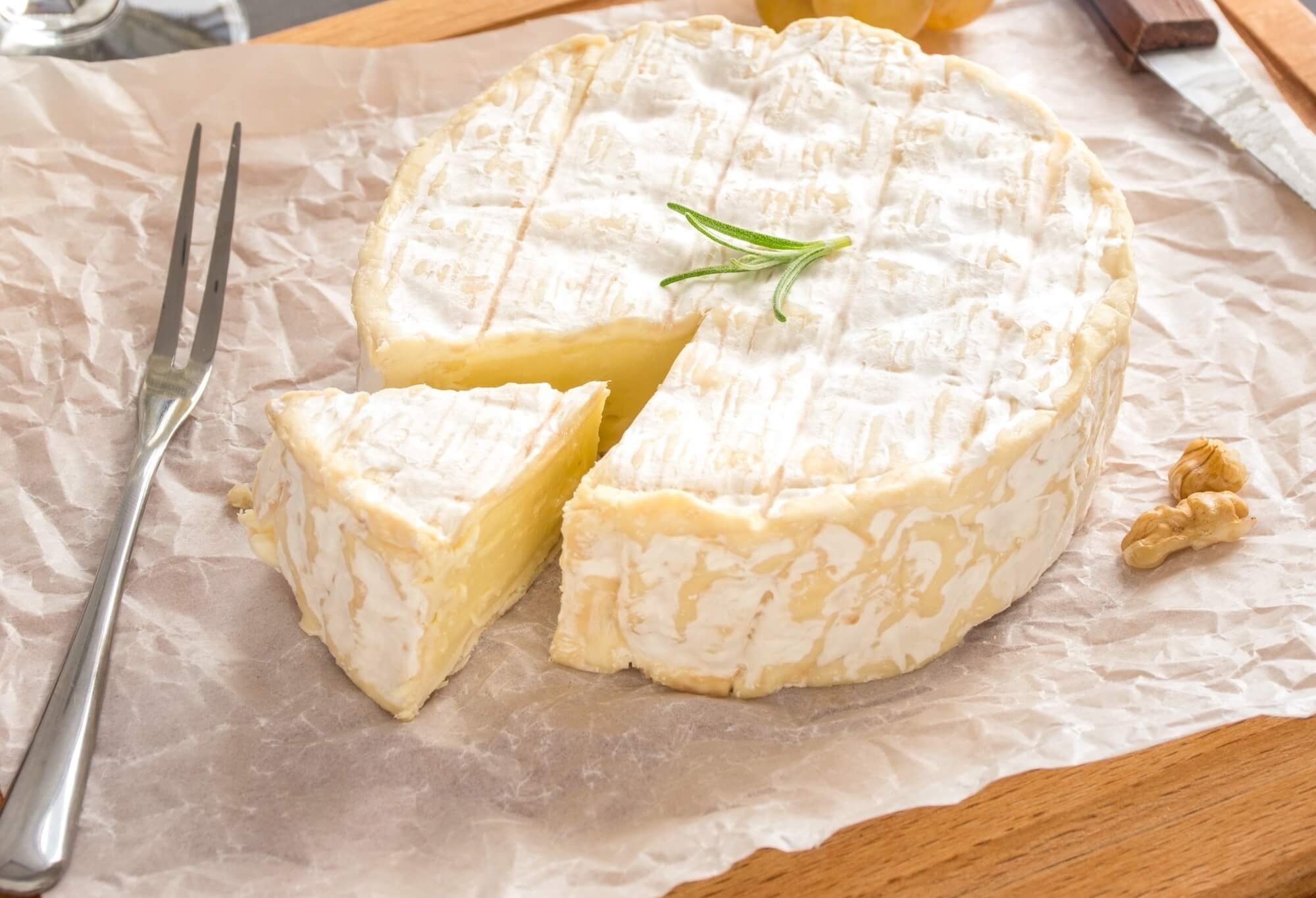Which Are the Best Cheeses to Freeze at Home?
Editor’s note: If you read our story on frozen pizza you know that some cheeses freeze very well. But those pizzas are initially frozen in commercial freezers. We spoke with a researcher to find out what happens when you freeze cheese at home.
The best way to make sure cheese always tastes great is to store it properly, wrap it well, and eat it before its quality goes downhill. But what if you want your cheese to last for months or even years and still taste great? Can you freeze cheese? And if so, do certain types of cheese fare better at sub-zero temperatures than others?
What Happens to Cheese When it Freezes?
Luis A. Jiménez-Maroto photo courtesy of Jiménez-Maroto
To find out which cheeses freeze well, I spoke with Luis A. Jiménez-Maroto, assistant coordinator of cheese and dairy applications at the University of Wisconsin-Madison’s Center for Dairy Research. It turns out that the answer isn’t quite that simple. “A hundred years of research have been put into freezing cheese, and it really is very granular,” he said. “It depends on the cheese that you're talking about and what is important about it.”
To figure out which cheeses may freeze better than others, we need to look at what happens when fresh food gets frozen. “Any time you freeze food, in a way you're dehydrating it, because you're removing the available water,” Jiménez-Maroto says. As the temperature of the food drops, its water turns into ice. The fast flash-freezing that happens to commercially frozen food creates lots of very tiny ice crystals, which helps the food maintain its structural integrity once thawed.
But consumer-grade freezers don’t work as quickly or get as cold, so the food freezes much more slowly, resulting in larger ice crystals. Those big crystals push against cheese’s casein network, the protein structure that forms when milk coagulates into curd during the cheesemaking process.
“When you freeze cheese, you're affecting the proteins in your cheese. And how they are affected depends on the type of cheese you're trying to freeze,” says Jiménez-Maroto. Freezing the water in cheese can also cause dissolved minerals to fall out of solution and concentrate, or create shifts in pH, which can also affect casein’s integrity. Home freezers also have natural temperature fluctuations that can thaw and refreeze foods over time, further damaging their texture.
Freezing Fresh Cheeses
The strength of the casein network and the cheese’s moisture content are two main factors that can affect a cheese’s performance after freezing and thawing. “Cheeses that are fresh haven’t had a chance to form a protein structure that will survive the freezing process,” Jiménez-Maroto says.
Freezing High Moisture Cheeses
Higher-moisture cheeses will also freeze less well because of their water content: a ball of fresh, full-fat mozzarella is best enjoyed as is, but a hunk of low-moisture part-skim mozzarella should fare better after freezing—both because of its moisture content and stronger protein structure.
How Freezing Affects Cheese Flavor
What about flavor? Freezing won’t affect how cheese tastes—unless it’s poorly packaged and gets freezer burn, which can create unpleasant off-flavors. But freezing does shut down the beneficial microbes and enzymatic reactions responsible for developing flavor, which is part of why many cheese folks recommend against freezing delicate artisan styles.
Thawing Cheese
Jiménez-Maroto also notes that how well a cheese freezes depends on how we expect it to perform once it’s thawed. A hunk of feta, for example, has a very low pH, which means its protein structure is more rigid than that of many other cheeses. As ice crystals grow in the frozen feta, they break apart the casein structure, resulting in an extra-crumbly cheese once thawed. Not a problem if you’re crumbling the cheese into a spinach pie, but problematic if you were hoping to cut it into neat cubes for an appetizer or salad.
A round of Camembert might not have the same qualities after a stint in the freezer once it’s thawed, but if you’re planning to wrap it in puff pastry to make baked Brie, you might not notice a difference. A very firm, dry cheese like Parmesan should freeze pretty well, especially if it’s in its original vacuum packaging—although Jiménez-Maroto notes that this kind of hard, salty, long-aged cheese will last for several months without quality issues in the refrigerator, so freezing may not be necessary.
The Best Cheeses to Freeze
Low-moisture aged cheeses like parmesan, Cheddar, asiago, pecorino, and similar styles can fare well in the freezer if they’re vacuum-sealed to protect from freezer burn. And although a very high-moisture style like cream cheese can take on a grainy texture after freezing and thawing, I’ve frozen relatively young, fresh cheeses like fromage blanc and halloumi without quality issues.
Blue cheeses are recommended by author Janet Fletcher. She learned about this from the late chef Michael Chiarello and explains that the finely grated frozen blue cheese forms a delicate “snow” to serve on top of salads. The result is a melting tangy experience not quite as jarring as biting into a big chunk of blue cheese.
Cheese Thawing Tips
How quickly you bring frozen cheese out of the deep freeze affects its quality and performance, too. Jiménez-Maroto recommends thawing frozen cheeses in the refrigerator for five days before enjoying them to allow the water to fully redistribute throughout the cheese body. “This is more important for cheeses with functionality, like cheese that you want to melt or slice or shred,” he says.
It’s true that many cheeses won’t be as delicious once frozen and thawed. But with the right cheese, the right packaging, and thoughtful thawing, certain cheeses can emerge from your freezer after several months just as tasty as they were before.





